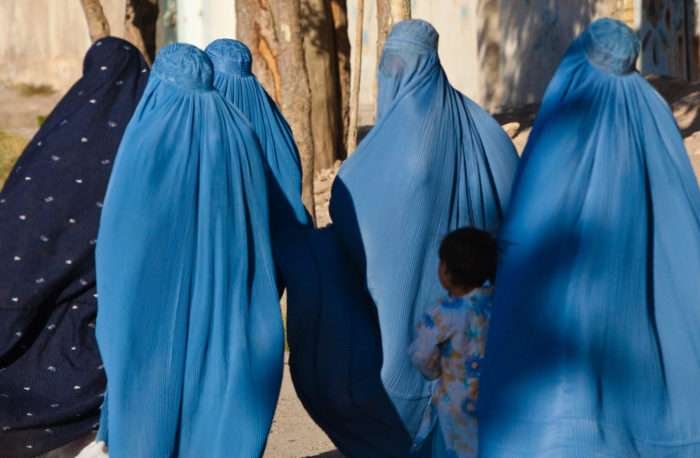Rome, August 17, 2021 – FIDU (Italian Federation of Human Rights), while supporting the categorical necessity as well as the extreme urgency of securing humanitarian corridors to prevent the massacre of thousands of people at risk, declares that the duty of the international community, including its institutions as well as the individual Member States, cannot be limited to this crucial and complex humanitarian action.
Since 1999, the Taliban have been officially defined under international law as a “terrorist organization,” by virtue of Resolution 1267 of the United Nations Security Council. Therefore, the de facto control of the country now exercised by the Taliban is not, in itself, a sufficient basis for the recognition of their government. In regions subject to Taliban’s control over the last 20 years, extremely serious violations of human rights, in particular those of women and minors, have been ongoing. Moreover, UN monitoring in June 2021 identified the presence of Al-Qaeda, collaborating with the Taliban, in at least 15 provinces of Afghanistan.
Many of the acts carried out by the Taliban up to the present day (including assassinations of human rights defenders, denial of the rights of women and children, and summary executions) can be considered crimes against humanity. In light of this, the UN Security Council, the International Criminal Court and – as far as universal jurisdiction is applicable – even individual States can and must act.
FIDU, citing the August 16th Declaration of the Special Rapporteurs, independent experts, and Working Groups of the UN, requests that the Italian Government and the European Union:
· Ensure that the UN Security Council takes all appropriate measures to protect the human rights and meet humanitarian needs of the Afghan population, in accordance with Chapter VII of the UN Charter;
· Apply, with the utmost firmness, the sanctions provided for by International Law against designated terrorist organizations;
· Organize, through humanitarian corridors and with the necessary emergency procedures, the transfer and reception of all Afghan citizens who are entitled to humanitarian protection or qualify for political asylum;
· Ensure that the UN Human Rights Council urgently deploys a fact-finding mission on human rights violations to Afghanistan, in particular for acts that may constitute crimes against humanity and genocide;
· Make any future recognition of the Taliban government conditional on the demonstrated cease of all terrorist activity and support for terrorism, and on the respect for fundamental human rights, particularly those of women and children.


